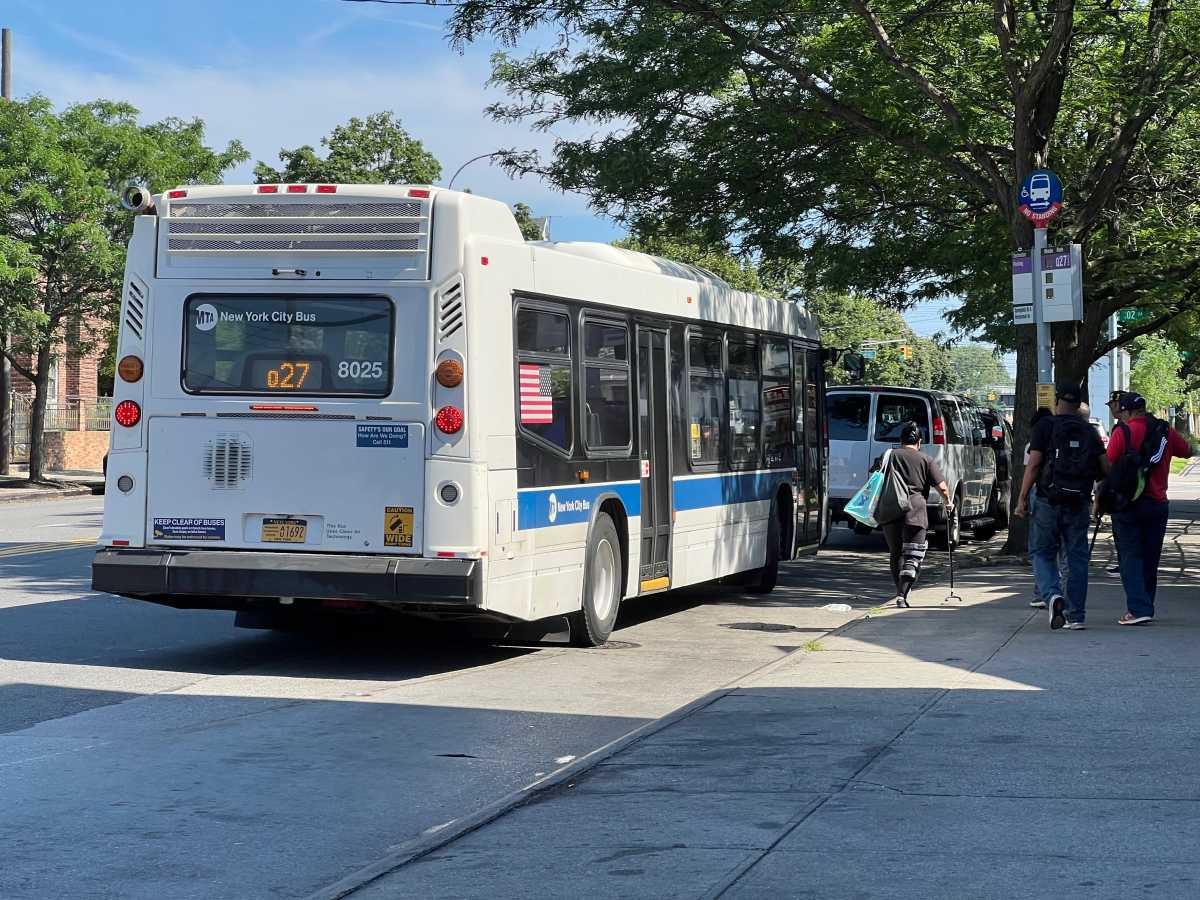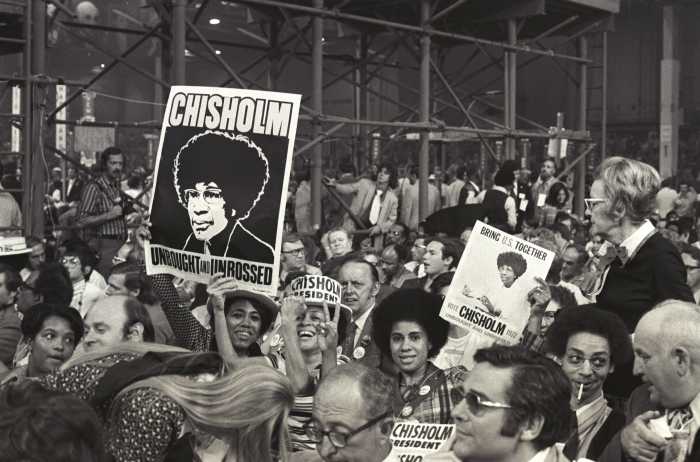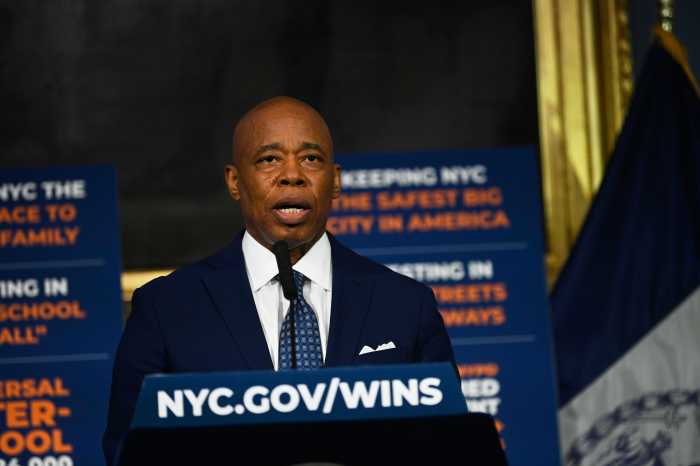BY MARGARET S. CHIN | Last week, over a thousand students, parents, educators and advocates crammed into the auditorium at P.S. 124, The Yung Wing School, in Chinatown. Outside, a line of parents and children boasting handmade signs stretched the length of Division Street. For two hours, they addressed the crowd about how important after-school programs are to them.
Early this month, Mayor Mike Bloomberg released his executive budget, which calls for $170 million in cuts to children’s services, including after-school programs, child care centers and an educational initiative for young children known as Head Start. These proposed cuts are some of the deepest and most debilitating ones our city has ever seen.
New York City has lost 61 percent of its city-subsidized child care and after-school program seats in the last five years. The mayor seeks to reduce the number from 2009’s 137,225 after-school and day care program seats to 53,315 starting next fall. Overall, more than 47,000 children will lose access to programs that allow working parents to keep their jobs, support their families and contribute to our local economy.
Last year, the City Council worked to restore more than $100 million in cuts to youth and child services, which retained funding for after-school programs at I.S. 289 and P.S. 130 as well as daycare services at Chung Pak Day Care Center in Chinatown. Now, the mayor seeks to undo the Council’s financial restorations to Out of School Time (O.S.T.) and Early Learn programs, including Head Start and ACS-subsidized child care services.
This year’s cuts to after-school and daycare will have a disproportionate impact on Lower Manhattan because of the administration’s division of the city into “targeted” and “non-targeted” zip codes based on youth poverty levels, English Language Learners and eligibility for subsidized child care. Under the current system, programs in “non-targeted” zip codes — including 10005, 10006, 10007, and 10013 — are least likely to receive funding, even if they primarily serve low-income individuals. This reduces service in middle-income neighborhoods and fails to take into account the needs of working families. Thousands of middle-class and single parents rely on after-school and daycare programs to make ends meet.
Cutting programs based on zip code — rather than considering the income of families whose children are enrolled in the program — adversely affects the neediest families in our community. The method fails to take into account that pockets of poverty exist in mixed-income neighborhoods.
Lower Manhattan alone is home to more than 35,000 public housing residents and culturally and linguistically isolated populations.
Due to such draconian cuts in the mayor’s executive budget — O.S.T. alone is underfunded by nearly $20 million — even targeted zip codes in Lower Manhattan face extreme service cuts. Inexplicably, almost all of the programs to be cut this year have long histories of full enrollment and have demonstrated the demand for their services.
Overall, we stand to lose 70 percent of city-subsidized after-school programs operating south of Houston Street, including programs at P.S. 2, P.S. 20, P.S. 124, P.S. 142, P.S. 137, P.S./I.S. 140 and M345. Both I.S 289 and P.S. 130 were awarded funds for after-school next year; however, it remains unclear if the awards will be enough for the programs to maintain their current level of service. These programs are operated by such institutions as Henry Street Settlement, University Settlement and Chinese American Planning Council, which have aided our community for decades. All of these sites provided linguistically and culturally appropriate services to low-income and working families.
This year’s proposed cuts to Head Start and child care programs are also based on a needs assessment by zip code. Mayor Bloomberg claims that the new Early Learn program will enhance the quality of Head Start and day care programs for children in New York. However, this new and improved Early Learn model will serve nearly 16,000 fewer children than ever before.
In Lower Manhattan, we will lose nearly 500 day care slots in neighborhood centers that serve a majority of Lower Manhattan residents. Day care centers such as Action for Progress and BMCCC Early Childhood Center will be forced to close their doors, in addition to Chung Pak, Little Star, Garment Industry Day Care and C.P.C. Jacob Riis Child Care Center — four sites operated by the Chinese American Planning Council.
If these cuts are allowed to continue, it is not only the children that will suffer. When families lose access to child care, they are forced to leave their children home alone, quit their jobs or find alternative options. As we have seen over and over again, when funding for child care services is cut, unlicensed and illegitimate networks of care fill the gap. This is not only dangerous for our children — it is damaging to our communities.
Mayor Bloomberg has defended his budget by asserting that it doesn’t impose any new taxes on New Yorkers — but this is misleading. Each child care slot or after-school program seat that is lost represents an added financial and emotional burden for families in New York City. The methodical stripping away of city services is an added tax on New Yorkers: Families in our community cannot afford to pay upwards of $100 per child per week for private child care arrangements, nor should they have to.
Over the next two months, the City Council will negotiate with the Bloomberg administration, and cuts to after-school and child care are certain to play a central role. There are options out there that could reverse these cuts and actually expand after-school and child care programs rather than dismantle them. As your City Council representative, I will continue to fight against cuts to children’s services while advocating progressive revenue options — such as closing loopholes in business taxes and ending subsidies to major banks — that could generate revenue to be reinvested into our community.
It is important for all Lower Manhattan residents to make their voices heard during these negotiations. You can help by calling 311 to complain about cuts in your neighborhood or write to Mayor Bloomberg asking for a full restoration of the programs. I hope to see you at our rallies, press conferences and budget hearings in the weeks ahead.
Margaret S. Chin is Council Member of District 1, representing Lower Manhattan





































